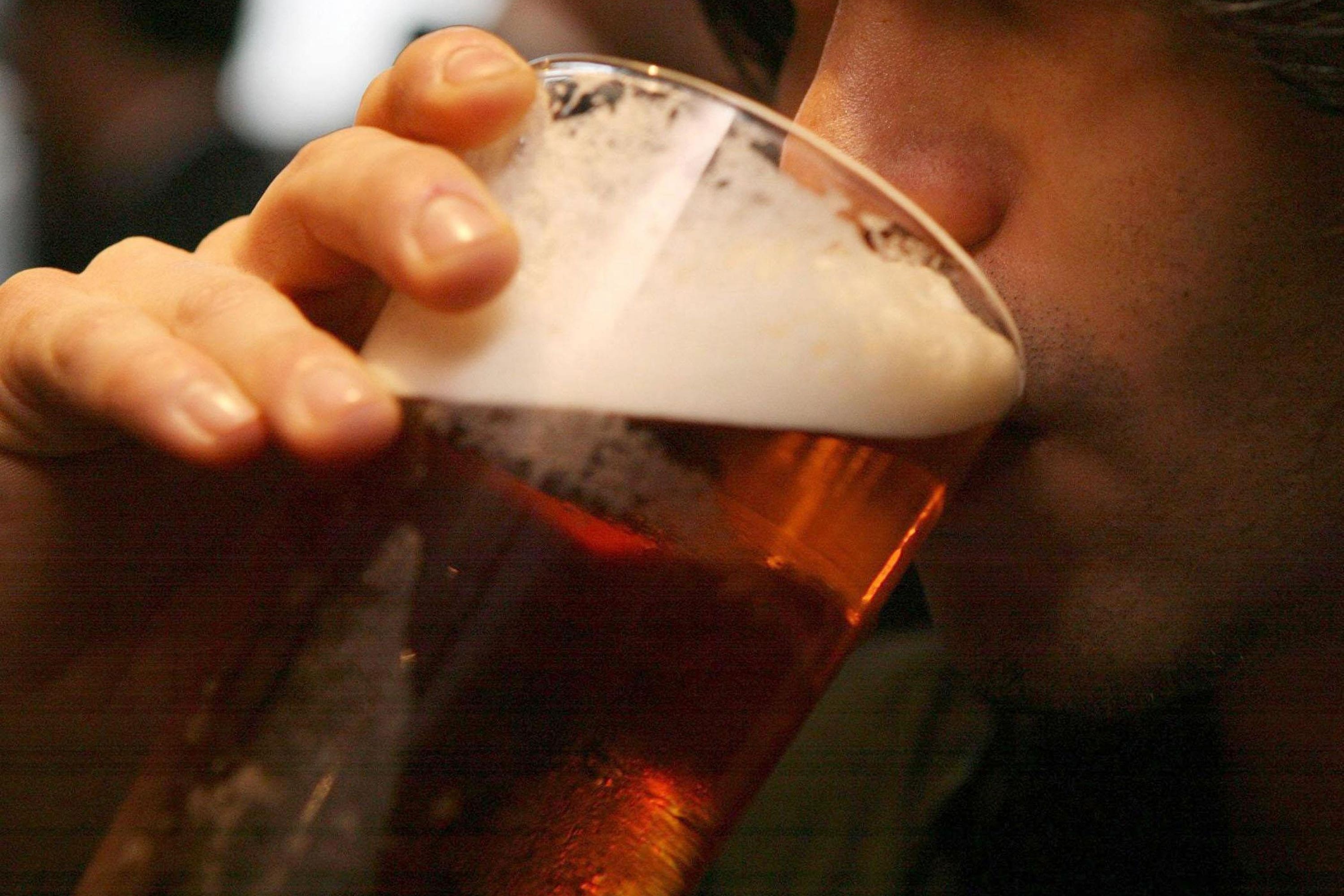Banning alcohol ads would have little impact on consumption, think tank says
The Institute of Economic Affairs said restrictions ‘would certainly not be an evidence-based policy’.

Banning the advertising of alcohol would have little impact on its consumption, a think tank has said.
A report by The Institute of Economic Affairs (IEA) – Alcohol Advertising: What does the evidence show? – examined studies that looked at how marketing alcohol affected demand.
It said alcohol advertising “varies enormously” across Europe and some countries, including the UK, take “a more liberal approach”.
The claim that banning alcohol advertising would reduce the amount of alcohol-related harm in society has remarkably little evidence to support it
The IEA claims studies show “advertising can increase the sale of individual brands” but “does not increase aggregate sales of the type of product being advertised”.
It added: “A small number of studies looking specifically at the impact of alcohol advertising bans have produced mixed results, but the majority have found no impact on aggregate sales.”
Christopher Snowdon, head of lifestyle economics at the IEA, said: “The claim that banning alcohol advertising would reduce the amount of alcohol-related harm in society has remarkably little evidence to support it.
“Advertising affects the market share of individual brands, but the amount of money spent on alcohol advertising has no effect on alcohol consumption overall. This is how advertising works in every other mature market, and it would be a surprise if alcohol were any different.”
One piece of research highlighted in the report was a 2014 Cochrane Review, which concluded that “restricting or banning alcohol advertising may reduce exposure to the risk posed by alcohol at the individual and general population level” but “no systematic review has evaluated the effectiveness, possible harms and cost‐effectiveness of this intervention”.
In 2022, the World Health Organisation (WHO) called for tighter restrictions on the marketing of alcohol, including advertising, sponsorship and promotions, in a bid to reduce harmful uses, particularly among young people.
Last year, the Scottish Government launched a consultation on the potential ban on alcohol advertising. However, this spring, First Minister Humza Yousaf paused any plans to bring restrictions into action amid concern from industry.
In 2021, alcohol advertising was banned in sports in Ireland as part of its Public Health (Alcohol) Act.
Mr Snowdon said that a ban on the advertising of alcohol “would certainly not be an evidence-based policy”.
“Strident claims from anti-alcohol campaigners about advertising should be taken with a pinch of salt. This evidence review found that only a few high-quality studies have looked at this issue, and the evidence is, at best, mixed.
“A ban on alcohol advertising would certainly not be an evidence-based policy.”